Key Highlights at a Glance
Save up to 50% on dental treatments in Thailand
-
Internationally accredited clinics and English/Japanese-speaking staff
-
Advanced equipment and materials for high-quality procedures
-
Convenient flights and travel packages tailored for Japanese patients
-
Enjoy a relaxing recovery in a culturally vibrant and hospitable setting
Dental care in Japan is generally high-quality and accessible, with a trusted healthcare system and skilled dentists. However, some procedures like cosmetic work, implants, veneers, or orthodontics can be costly, time-consuming, or difficult to schedule. Limited insurance coverage and long wait times for specialized treatments also add to the challenges.
Thailand has become a leading destination for dental tourism, offering internationally accredited clinics, advanced techniques, and significantly lower costs compared to Japan. For Japanese patients who prioritize precision, quality, and hospitality, Thailand provides an appealing alternative.
Wondering why more Japanese patients are choosing Thailand for dental care? Discover the cost savings, excellent treatment, ease of travel, and overall experience that make Thailand a top choice for dental procedures.
Why Choose Bangkok, Thailand for Dental Treatments?
Bangkok, Thailand’s bustling capital, is at the epicenter of the country’s thriving medical tourism industry. While other cities like Phuket and Chiang Mai are also well-known hubs, Bangkok remains the top choice for many international patients, including those from Japan. Let’s explore why Thailand, and especially Bangkok, stands out.
Affordability:
In Japan, high-quality dentistry can be expensive—especially if the treatment involves advanced cosmetic work, implants, or complex orthodontics not fully covered by national insurance. By contrast, top-tier procedures in Thailand often cost significantly less, sometimes up to 50% cheaper.
This affordability appeals to Japanese patients accustomed to excellent service and craftsmanship but looking to keep costs under control. Importantly, these lower prices are not indicative of lower quality. Clinics in Bangkok maintain world-class standards while benefiting from lower operating costs and currency exchange rates that favor international patients.
Quality of Care:
Thai dental clinics often have international accreditations and follow stringent sterilization protocols on par with global benchmarks. Many dentists are trained abroad or participate in international workshops, staying updated on the latest techniques and technologies.
Japanese patients appreciate meticulous attention to detail, and Thailand’s top clinics are known for delivering high-precision results. From digital X-rays and 3D imaging to CAD/CAM technology for crowns and veneers, Thailand’s dental infrastructure is thoroughly modern.
Accessibility & Convenience:
Direct and one-stop flights connect Tokyo, Osaka, and other major Japanese cities to Bangkok’s Suvarnabhumi Airport. Traveling to Thailand is relatively straightforward, with a flight time of around six to seven hours from Tokyo.
Clinics in Bangkok also cater to international patients, offering clear communication, English-speaking staff, and sometimes even Japanese-speaking coordinators or interpreters. Scheduling is flexible, allowing patients to combine their dental appointments with a short holiday, turning what might have been a stressful medical errand into a pleasant journey.
Recovery Benefits:
Imagine recovering from a dental procedure in a warm, tropical climate while enjoying gentle Thai hospitality. Many Japanese patients find the idea attractive. Instead of rushing back to a busy schedule, you can stay in a comfortable hotel or serviced apartment, eat soft, flavorful Thai dishes that are easy on healing gums, and potentially enjoy light, dentist-approved sightseeing once you’re feeling better. This synergy of quality care and relaxing environment helps reduce the stress associated with dental treatments and can even speed up psychological recovery.
Cost of Dental Treatments in Bangkok
While actual prices depend on the clinic, complexity of the procedure, and materials used, general comparisons show significant savings.
A single dental implant that might cost around ¥400,000–¥600,000 in Japan could be found in Bangkok for about ¥200,000–¥300,000. Similarly, porcelain veneers that cost ¥80,000–¥120,000 per tooth in Japan might run around ¥40,000–¥60,000 in Thailand.
Even teeth whitening, which might set you back ¥40,000–¥70,000 in Japan, could be found for ¥15,000–¥30,000 in Bangkok.
Cost Comparison Table:
|
Treatment |
Japan (JPY) |
Thailand (JPY) |
|
Dental Implant |
400,000–600,000 |
200,000–300,000 |
|
Porcelain Veneer |
80,000–120,000 per tooth |
40,000–60,000 per tooth |
|
Crown |
70,000–100,000 |
30,000–50,000 |
|
Teeth Whitening |
40,000–70,000 |
15,000–30,000 |
|
Root Canal |
50,000–80,000 |
20,000–40,000 |
(These are approximate conversions and can vary depending on exchange rates and specific clinic pricing.)
Why Is It Cheaper?
Thailand’s cost structure is more favorable due to lower operational expenses, competitive medical markets, and advantageous currency exchange rates. Dentists can often source high-quality materials at lower prices and leverage an efficient supply chain, passing these savings on to patients. These economic factors, combined with fierce competition among top clinics, maintain competitive pricing without sacrificing quality.
What Are Dental Treatments?
Dental treatments encompass preventive care, restorative procedures, cosmetic enhancements, and orthodontic work. Whether you need a complex implant surgery, a few veneers for a better smile, or a standard root canal, Thailand’s clinics can handle the entire spectrum of dental care.
Types of Dental Treatments Available:
-
Dental Implants: An ideal solution for missing teeth, involving placing a titanium post in the jawbone and crowning it for a natural look.
-
Veneers & Crowns: Veneers are thin shells enhancing the appearance of front teeth, while crowns restore compromised teeth to full strength and function.
-
Teeth Whitening: Professional bleaching treatments that deliver significantly whiter teeth in a short period.
-
Root Canals & Fillings: Procedures to remove decay, treat infections, and restore tooth integrity.
-
Orthodontics: Various options ranging from traditional braces to clear aligners, offering solutions for crooked or misaligned teeth.
Recovery Timeline:
-
Simple Procedures (Whitening, Fillings): Usually immediate recovery—return to normal activities right away.
-
Veneers & Crowns: Mild sensitivity for a day or two, manageable with over-the-counter pain relief.
-
Implants & Root Canals: Expect mild swelling or discomfort for a few days, but prescription medications can manage this.
-
Orthodontics: Gradual changes over months, involving regular follow-ups but no major downtime.
Your dentist will provide a customized aftercare plan, advising on diet, hygiene, and follow-up appointments for the best outcome.
Top Doctors for Dental Treatments in Bangkok
Dr. Paitoon Rojanarat, DDS
Dr. Paitoon Rojanarat, DDS is a seasoned dental implant and cosmetic specialist in Bangkok. With over 20 years of experience, Dr. Rojanarat is praised for precision and patient-centered care. He works closely with international patients, ensuring they understand every step of their treatment plan. His calm demeanor and meticulous techniques align with the expectations of many Japanese patients who value craftsmanship and clarity.
Dr. Jerawat Krisanphan
Dr. Jerawat Krisanphan is renowned for orthodontics and cosmetic dentistry. From clear aligners to full smile makeovers, he uses modern techniques and technology to achieve natural-looking results. Patients appreciate Dr. Krisanphan’s approachable manner, ability to explain complex procedures in understandable terms, and dedication to long-term patient satisfaction
Best Clinics and Hospitals in Bangkok
Bangkok International Dental Hospital (BIDH)
Bangkok International Dental Hospital (BIDH) is a leading facility offering a full suite of dental services. Accredited by international organizations, BIDH is known for its strict sterilization protocols, state-of-the-art equipment, and a team of internationally trained dentists. Japanese patients appreciate BIDH’s patient coordinators who facilitate scheduling, accommodation recommendations, and language support.
BFC Dental
BFC Dental focuses on comfort, transparency, and technological excellence. With modern diagnostic tools, BFC Dental plans treatments efficiently, reducing total chair time and discomfort. Patients highlight the clinic’s willingness to accommodate international guests—some staff have experience working with Japanese patients and can ensure instructions are clear and culturally sensitive.
Digital Dental Center Pattaya
Digital Dental Center may be located outside Bangkok, but it’s a top contender worth considering. Utilizing digital dentistry solutions, this center crafts highly accurate restorations with rapid turnaround. Although it’s a short distance from the capital, Japanese patients who value cutting-edge technology and precision often find the trip worthwhile. The coastal environment also provides a serene spot for recovery.
Travel and Preparation Tips
Visa and Documentation:
Japanese travelers can usually enter Thailand without a visa for short stays up to 30 days (check current regulations before booking).
Ensure your passport remains valid for at least six months beyond your travel dates. Carry your dental records, including previous X-rays and treatment notes, if available. Consider investing in travel insurance that covers medical procedures abroad for peace of mind.
Packing Checklist:
-
Personal Items: Passport, tickets, travel documents, comfortable clothing suitable for Thailand’s warm climate. Consider bringing a light jacket for air-conditioned clinics.
-
Medical Items: Any prescribed medications, any recent dental X-rays (if provided by your Japanese dentist), and relevant medical history notes.
-
Comfort Items: Neck pillow, earplugs, and reading material for the flight and waiting times. Soft snacks or dentist-approved meal replacements can help post-procedure.
Pre-Travel Health Tips:
Consult your local dentist or doctor before traveling to ensure you’re fit for any planned procedures. They might offer advice on oral hygiene maintenance leading up to the trip. Keep up with routine brushing and flossing to present a healthy oral environment for the overseas dentist. If you smoke, reducing or quitting beforehand can improve healing outcomes.
Financial Prep:
Major credit cards are widely accepted in Bangkok, and ATMs are easily accessible. Inform your bank of international travel plans to avoid any card issues.
Carry some Thai Baht for small purchases or taxi rides. Consider exchanging currency at reputable counters in Bangkok for favorable rates. Check if the clinic offers all-inclusive packages that combine treatment, accommodation, and transfers, which can simplify logistics and budgeting.
Transportation and Accommodation:
-
Airports: Bangkok’s Suvarnabhumi Airport (BKK) is well-connected with direct flights from Tokyo (Narita/Haneda), Osaka (Kansai), and other Japanese cities.
-
Hospital Transfers: Many clinics provide pick-up and drop-off services, ensuring a seamless experience for international patients.
-
Accommodations: Bangkok hosts a range of hotels and serviced apartments. Choosing a place near your clinic reduces travel time and stress, particularly if you have multiple appointments. Look for amenities like room service and quiet rooms to ensure a restful recovery period.
What to Expect During Your Medical Trip
A typical dental trip to Bangkok might follow this schedule:
Day 1:
Arrive in Bangkok, check into your accommodation, and rest. You may have a preliminary consultation later in the day or on Day 2, where your dentist reviews your records, performs any required scans, and finalizes your treatment plan. Clear communication in English—and possibly even some Japanese-language materials—ensures you understand the procedure, costs, and timeline.
Day 2:
Undergo your primary dental procedure. Thanks to local anesthesia and modern sedation techniques, treatments are generally comfortable. After the procedure, your dentist provides detailed aftercare instructions, explains what to expect in the coming days, and suggests dietary guidelines to aid healing.
Days 3–5:
Focus on recovery and attend any scheduled follow-up appointments. Some procedures may require a short waiting period for lab work (e.g., veneers or crowns) or a second visit to adjust implants. During this downtime, rest at your accommodation. Follow your dentist’s advice on oral hygiene and possibly stick to softer foods like soups, tofu, and mild Thai dishes suited for sensitive teeth or gums.
Days 6–7:
If your dentist confirms that you’re healing well, you can enjoy some light activities. Explore Bangkok’s cultural landmarks, visit shopping malls, or admire temples—just avoid anything too strenuous. A final follow-up check ensures that everything is on track before you return to Japan.
Day 8:
With a successful treatment and post-op check completed, it’s time to head home. Your dentist will provide a care plan and contact information for remote follow-ups. Many clinics remain available via email or video call to address any concerns after you’ve returned to Japan.
Patient Success Stories and Testimonials
"I needed veneers but found them too expensive in Tokyo. A friend suggested Bangkok. I was impressed by the clinic’s professionalism. Everyone was friendly and even provided some documents in Japanese. I got high-quality veneers at half the price. Now I have a confident smile and fond memories of a short holiday in Thailand."
—Rina, Tokyo
"My dental implant quote in Osaka was beyond my budget. I decided to try Bangkok. The dentist was well-trained, used modern technology, and explained everything in English (the clinic provided a Japanese pamphlet too). The procedure was smooth, and the follow-up visit was easy to arrange. Plus, I saved enough money to enjoy shopping and sightseeing."
—Hiroshi, Osaka
"I was initially anxious about traveling abroad for dental work, but after careful research, I chose a highly rated Bangkok clinic. The root canal was done efficiently, and I felt no pain. The staff seemed accustomed to international patients, and their hospitality matched what I’d expect in Japan. I’m grateful for the cost savings and excellent care."
—Aya, Kyoto
FAQs
Is it safe to receive dental treatments in Thailand?
Yes. Many Thai clinics adhere to international standards, hold global accreditations, and maintain strict sterilization measures. Dentists often receive training abroad and stay updated on global best practices. Choosing a reputable, well-reviewed clinic is key.
How much can I save compared to Japanese prices?
Savings vary, but many patients report 30–50% lower costs. For extensive procedures like multiple implants or veneers, the overall savings can be substantial—even after factoring in travel and accommodation expenses.
Will I face communication issues at the clinic?
Many Bangkok clinics serving international patients speak English fluently. Some clinics also offer Japanese language support or provide printed materials in Japanese, ensuring smooth communication. It’s wise to confirm language options before booking.
Do I need travel insurance for dental treatments in Thailand?
While not mandatory, comprehensive travel insurance that covers medical treatments abroad is highly recommended. It provides peace of mind in case of unexpected complications, delays, or other travel-related issues.
What if I have complications after returning to Japan?
Most reputable clinics offer remote follow-ups via email or video calls. Some provide warranties for certain treatments. Before leaving Bangkok, ask about post-treatment support and how to access care if you have concerns once you’re back home.
How long should I plan to stay in Thailand for my treatment?
This depends on the complexity of the procedure. Simple treatments might be completed in 3–4 days, while implants, crowns, or veneers may require 7–10 days to account for initial consultation, lab work, and follow-ups.
Can I enjoy a vacation in Thailand before or after my dental treatment?
Absolutely. Many patients schedule a few extra days to experience Bangkok’s markets, temples, and cuisine. Just be mindful of your dentist’s aftercare instructions—avoid strenuous activities immediately post-treatment and focus on relaxing, low-key sightseeing.
How do I choose the right clinic for my needs?
Research is essential. Check for international accreditations, read patient reviews, and evaluate communication options. Contact clinics directly to discuss your needs. Their responsiveness, clarity, and willingness to address your concerns are good indicators of their service quality.
Book Now
Thailand’s growing appeal to Japanese dental tourists isn’t simply about lower costs—it’s about an overall value proposition. By merging affordability, impeccable standards, and warm hospitality, Thailand creates an environment that resonates with Japanese patients who expect excellence and courtesy in medical care. With Bangkok’s well-connected flights, international accreditations, and the option to combine dental work with a rejuvenating holiday, the choice becomes increasingly clear.
If you’re seeking high-quality dental treatments at a fraction of the cost you’d pay at home, consider Thailand as your next destination. By doing so, you’ll not only invest in your oral health but also immerse yourself in a culturally rich environment that makes the experience far more enjoyable than a routine trip to the dentist. Take the first step—reach out to a reputable Thai clinic today and explore the possibilities of a brighter, healthier smile.

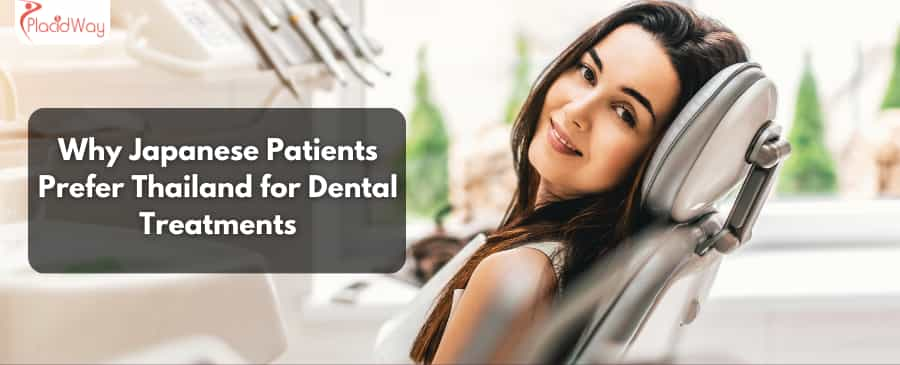

.jpg)
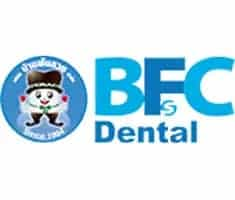
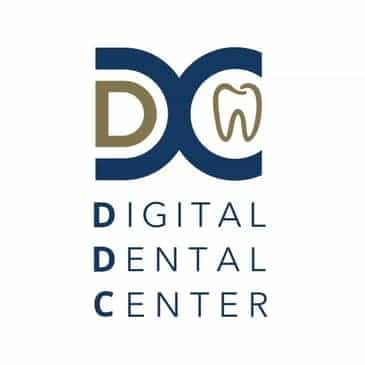
.png)
-Per-Jaw-Package-in-South-Korea-by-Seoul-Today.png)



.png)
.png)
.png)
.png)
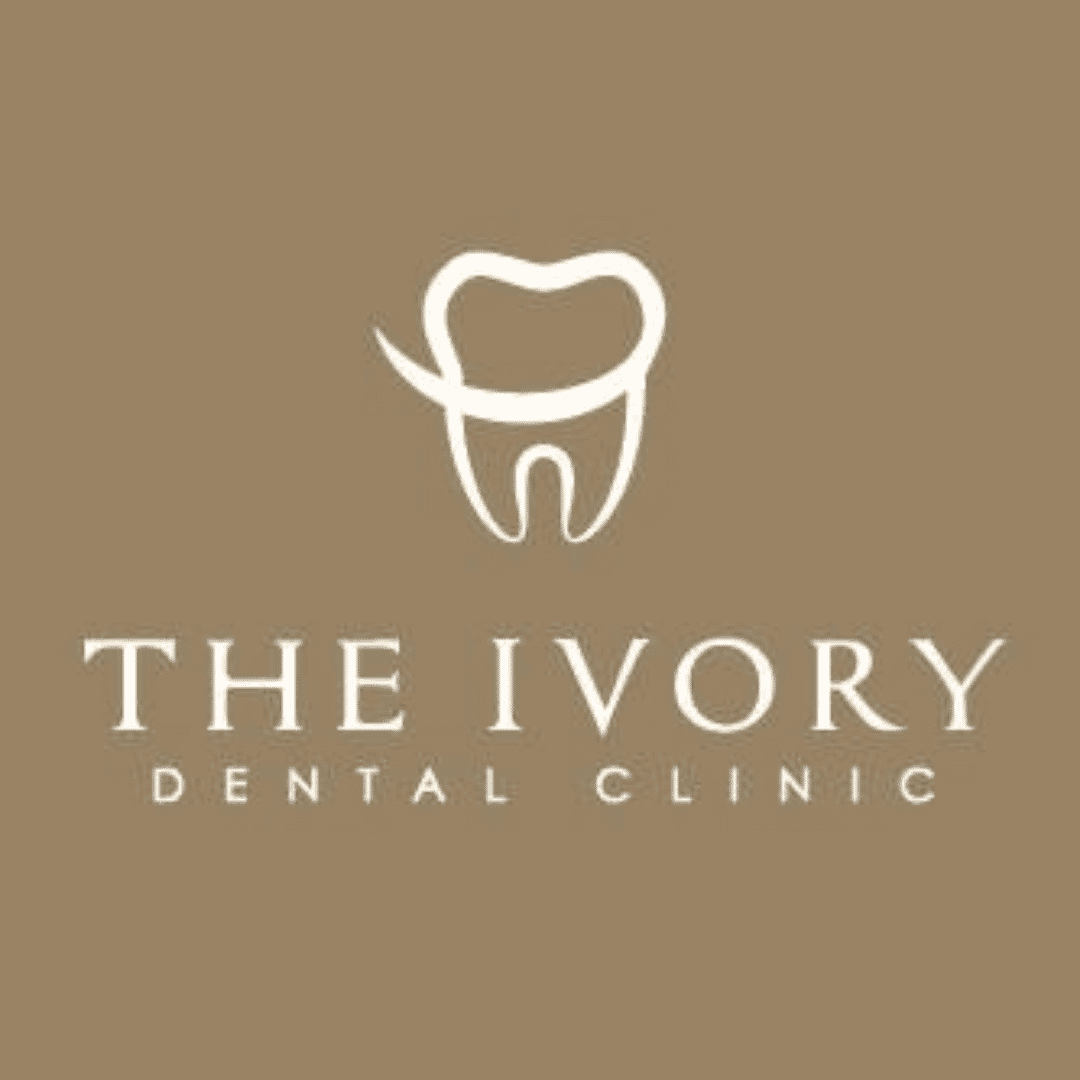
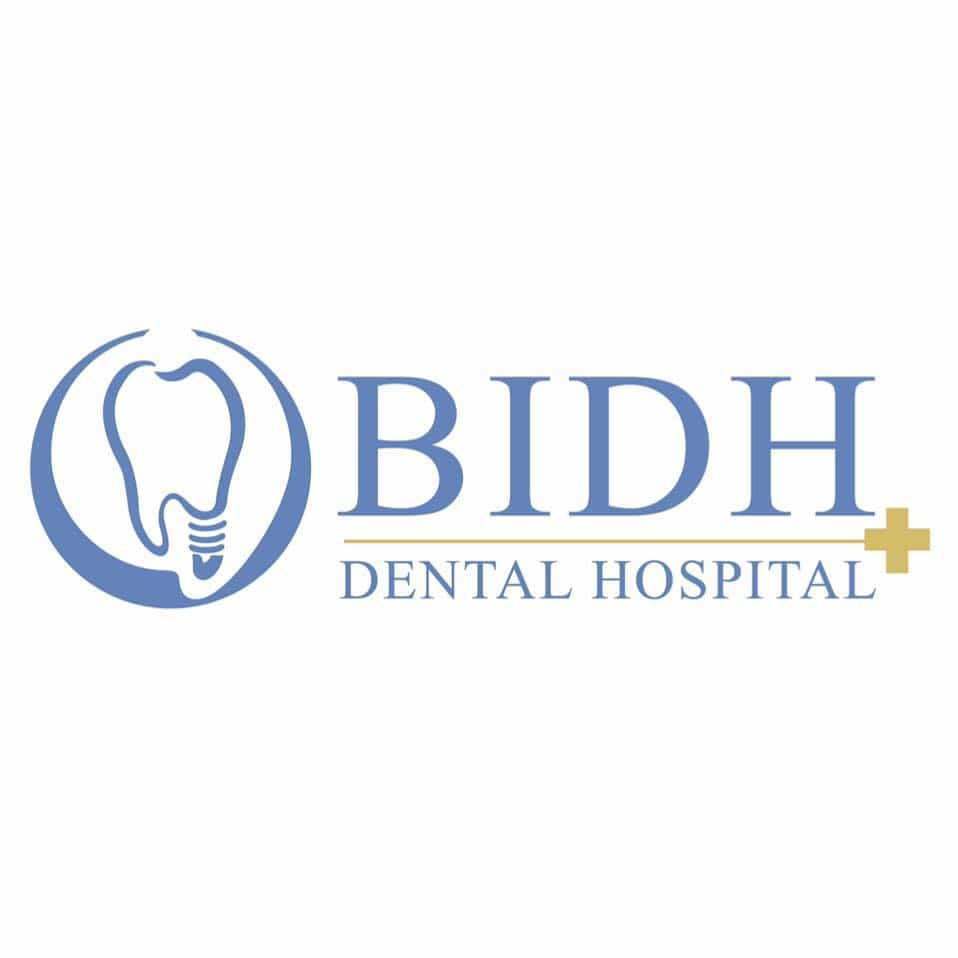


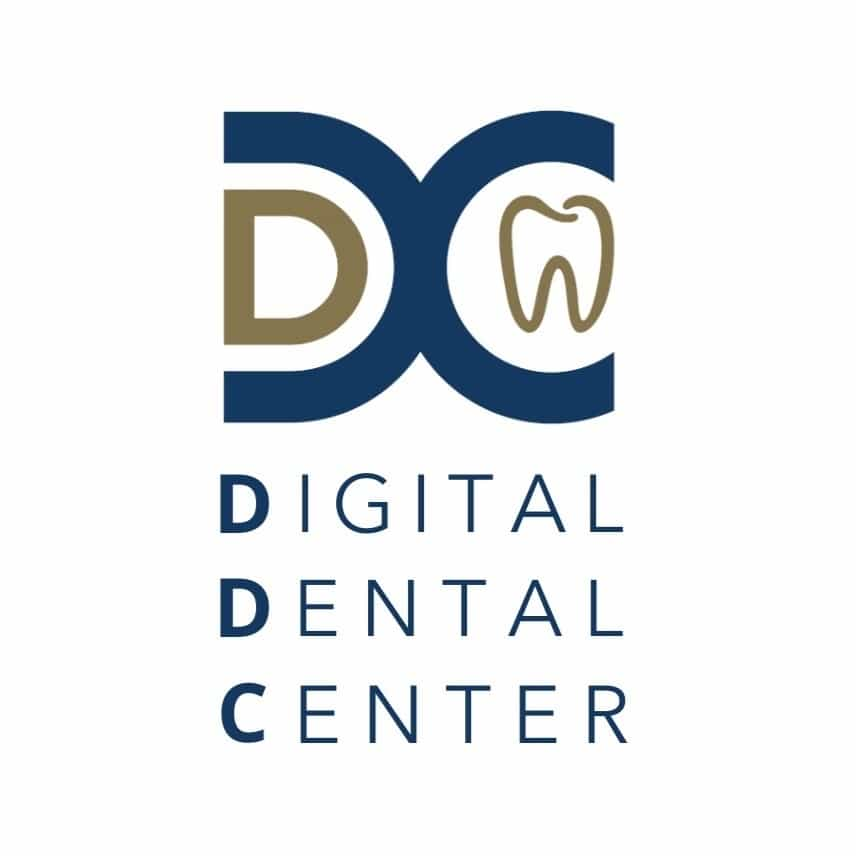

Share this listing